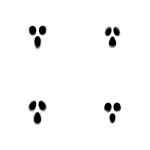Explore the Best AI Image Gallery
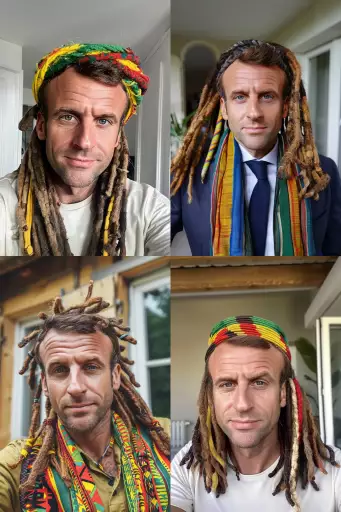
Painting with Pixels: How AI Image Generation is Reshaping Creativity
The creative landscape is undergoing a seismic shift, driven by the emergence of powerful artificial intelligence (AI) image generation tools. These innovative technologies empower individuals to conjure stunning visuals with unprecedented ease, blurring the lines between human imagination and machine capability. From generating photorealistic artwork to designing captivating marketing materials, AI image creation is poised to revolutionize numerous industries, prompting both excitement and contemplation about its implications for the future of creativity.
A Universe of Creative Applications
AI image generation tools offer a vast array of applications, spanning diverse creative domains:
- Fine Art: Artists are harnessing AI to explore new artistic expressions, experimenting with abstract concepts and generating unique pieces that push the boundaries of traditional art forms.
- Graphic Design: Designers can leverage AI to create compelling visuals for logos, branding materials, website designs, and marketing campaigns, streamlining workflows and fostering innovative aesthetics.
- Illustration: Illustrators can utilize AI to generate vibrant character designs, intricate backgrounds, and captivating scenes, enhancing their storytelling abilities and enriching visual narratives.
- Photography: Photographers can employ AI to enhance existing images, create surreal composites, and experiment with different artistic styles, expanding the possibilities of photographic expression.
- Fashion Design: Designers can utilize AI to generate new garment concepts, explore innovative patterns and textures, and visualize their creations in virtual environments.
Democratizing Creativity
One of the most significant impacts of AI image generation is its ability to democratize creativity. By making advanced visual tools accessible to a wider audience, regardless of their technical expertise, AI empowers individuals to express themselves artistically and bring their imaginative visions to life.
Ethical Considerations
As with any transformative technology, AI image generation raises important ethical considerations:
- Copyright and Ownership: The question of ownership over AI-generated artwork remains a complex legal and philosophical debate. Determining who holds the rights to these creations is crucial for protecting both artists and creators.
- Bias and Representation: AI algorithms are trained on vast datasets, which can inadvertently perpetuate existing biases and stereotypes. It is essential to address these biases in training data to ensure that AI-generated content reflects diversity and inclusivity.
- Misinformation and Manipulation: The ability to generate highly realistic images raises concerns about the potential for misuse, such as creating deepfakes for propaganda or spreading misinformation. Safeguards are needed to mitigate these risks and promote responsible use of AI image generation.
The Future of Creativity
The future of AI image generation is brimming with exciting possibilities:
- Enhanced Collaboration: AI can serve as a powerful tool for collaboration, enabling artists and designers to work together seamlessly, regardless of their location.
- Personalized Creative Experiences: Imagine AI tools that tailor artwork and designs to individual preferences, creating truly unique and personalized creative experiences.
- Immersive Art Forms: AI can be integrated into virtual reality (VR) and augmented reality (AR) environments, paving the way for immersive and interactive art forms that transcend traditional boundaries.
As AI technology continues to evolve, its impact on the creative industry will undoubtedly deepen. Embracing this transformative potential while navigating the ethical considerations responsibly will be crucial for shaping a future where creativity flourishes in new and inspiring ways.
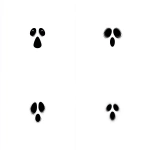
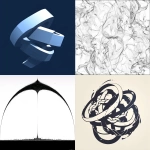
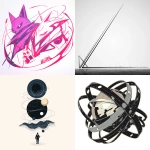
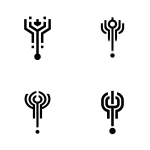
](https://images.ai-img.art/thumbnails/150/f1cbba604c7411267acd95acaa4746a5ee006a25ade5e596a9501884b384e1dd.webp)
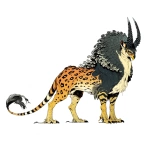
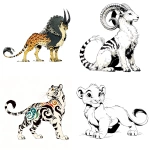
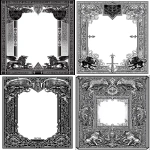
](https://images.ai-img.art/thumbnails/150/55e9c8ac48f7ca1311ec4a843e2616aa87c73e2217901ac138d198afb0b4f1db.webp)
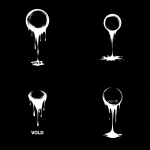


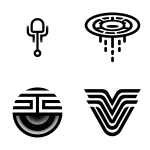

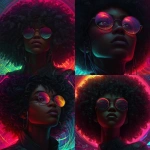

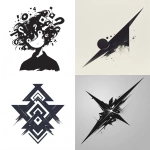
](https://images.ai-img.art/thumbnails/150/78a1311461ccc4b60dd1430d56ee04b3b5612a3145aef0a32196168d5489fdf3.webp)


](https://images.ai-img.art/thumbnails/150/f9928aee79da6b2028ac7a7129ac30e6475a85d5300661776fde267c2da839ab.webp)

](https://images.ai-img.art/thumbnails/150/cc8f7b8338e849e1e11a902ac51eda96c8f710e5d829c5b4d57b56fa05d28e95.webp)
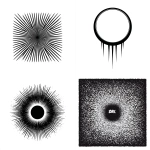
](https://images.ai-img.art/thumbnails/150/03de477e462377e62b34fea23ab1cbf6d4557f4077cc8bed9f23388af1200721.webp)
](https://images.ai-img.art/thumbnails/150/bbf691f1c69e4801062c68d0435463c5bf76258e3984fbe3cc25e9e46174cf88.webp)
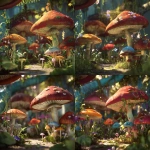
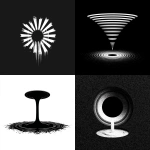

](https://images.ai-img.art/thumbnails/150/8884a7a8953b23d6c882f33524c10e09d320bbce4f305f2c7e79c402d82c1760.webp)
](https://images.ai-img.art/thumbnails/150/5b3fca49762c8c532ff70f250ca3b5900bac75be98d6c82f8f7a220465ad534a.webp)
](https://images.ai-img.art/thumbnails/150/45d068cbdc39002eccc21e2169438a3c142426219fda8c9e027c536cdf66811e.webp)
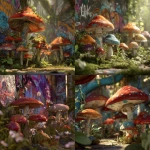
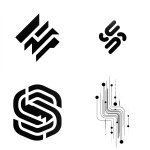
](https://images.ai-img.art/thumbnails/150/c04f7210bb9d35279503ff64ad44a9826d6909838f777fb1edd0fdece2ac7c70.webp)
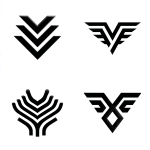
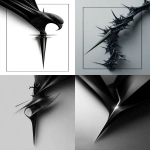
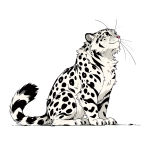
](https://images.ai-img.art/thumbnails/150/9ad2f4d771346182f4c9b6d1712edfd0b6b776f37b75dac606a8e03b1bd2dc47.webp)

](https://images.ai-img.art/thumbnails/150/89d86a1c20e8844b6d4ce23cf0e6ae10c19923617b6be16cac5d3cc513bf9c4e.webp)
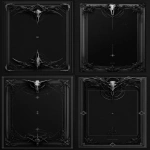
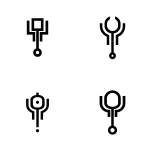
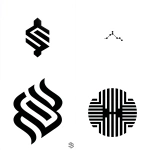
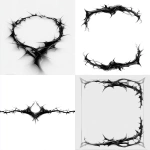
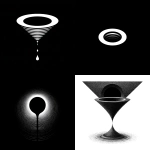
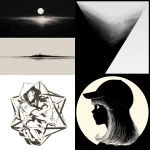
](https://images.ai-img.art/thumbnails/150/16ec42833d204af37c75cc776a794c54661cbfe1061c899680a4976a7f74cd51.webp)
](https://images.ai-img.art/thumbnails/150/4d725f4d5380eb583bdebf0aad4c789acd6782398b4050f01f350a939dd4c2af.webp)
